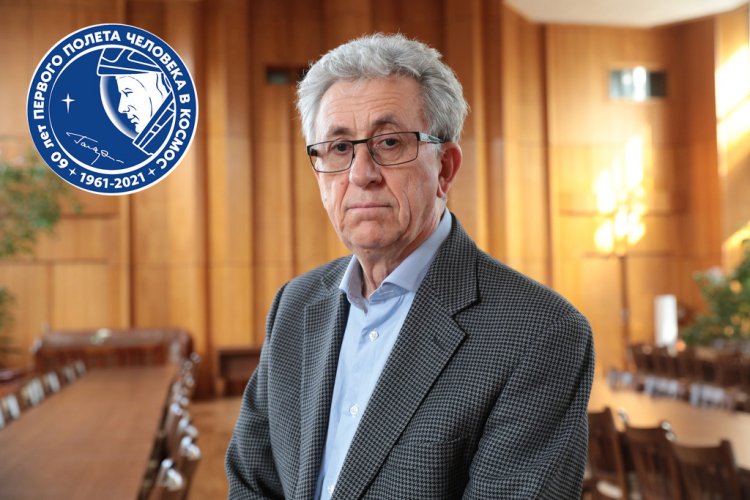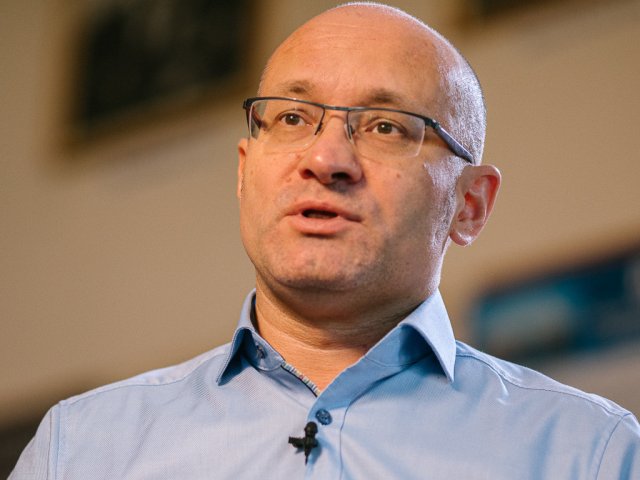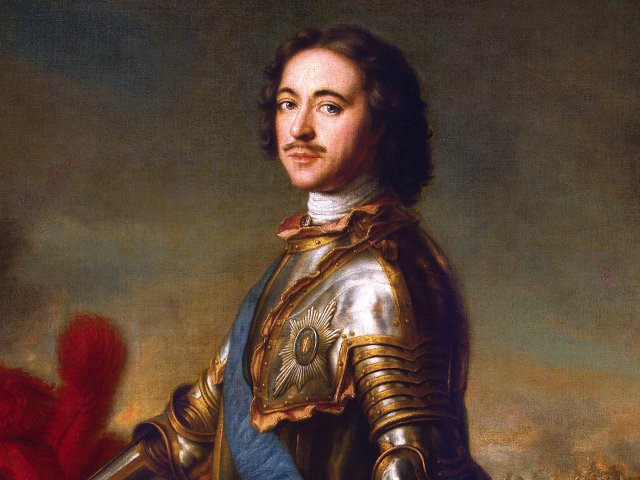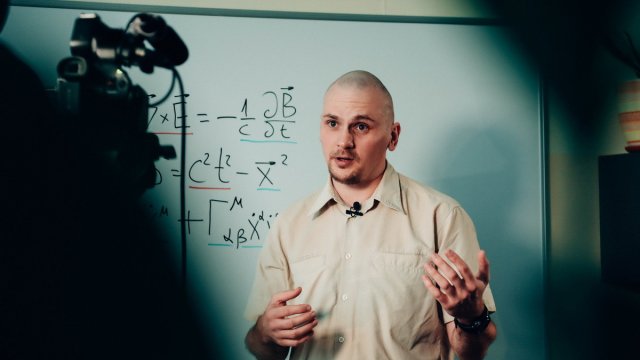Today, on April 21, a General Meeting of the Russian Academy of Sciences is held. RAS Corresponding Member Oleg Yuryevich Atkov spoke about Russian innovations in the medical support of spaceflight.
It is not easy to be a cosmonaut… A lot of factors affect the state of the body. First of all, according to Oleg Yuryevich, the cardiovascular, musculoskeletal, sensorimotor, erythropoietic and immune systems suffer. He previously talked about that at the General Meeting of the Department of Medical Sciences of the Russian Academy of Sciences.
When compensatory reserves of the body are exhausted and disease develops, the question arises – with what, how and where can one be treated? To address that problem, medical research is carried out in complex spaceflights, yet a lot of gaps remain, for example, in studies concerning the reserves of compensatory capabilities of basic physiological systems, the activation of conditionally pathogenic flora, the effects of major groups of drugs, the protection against ionizing radiation and the effect of the absence of an electromagnetic field during interplanetary flight.
According to Oleg Yuryevich, one of the priority areas of research is space television and radio communications, which has a birth date of May 1982 when an image of a heart from space was first obtained on a Soviet device.
“At this point in time, we have sufficient means to ensure a safe human flight as long a year and a half.” Yet, prospective long-term exorbital flights will require adjustment of the medical paradigm: creation of methods for analyzing all risks, development of a spacecraft computer facility to support medical decisions, creation of portable laboratory tools along with diagnostic instruments and equipment, and improvement in astronaut training seeking to expand the latter’s professional skills.
What does space give back to Earth? “Based on telemedicine technology mentioned previously, we created five medical trains based on railway cars. Those five trains, which bear the names of the greatest doctors in Russia, currently continue to operate throughout the Russian Federation in the most remote regions.”






















